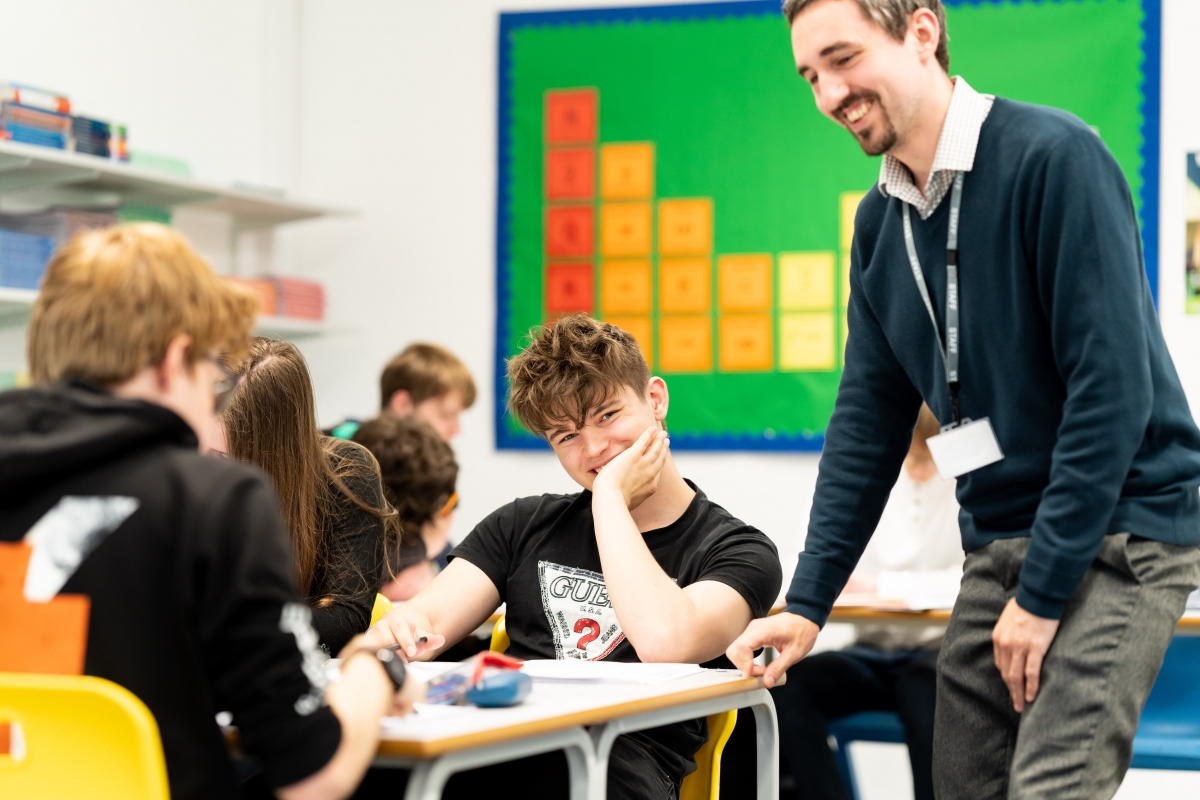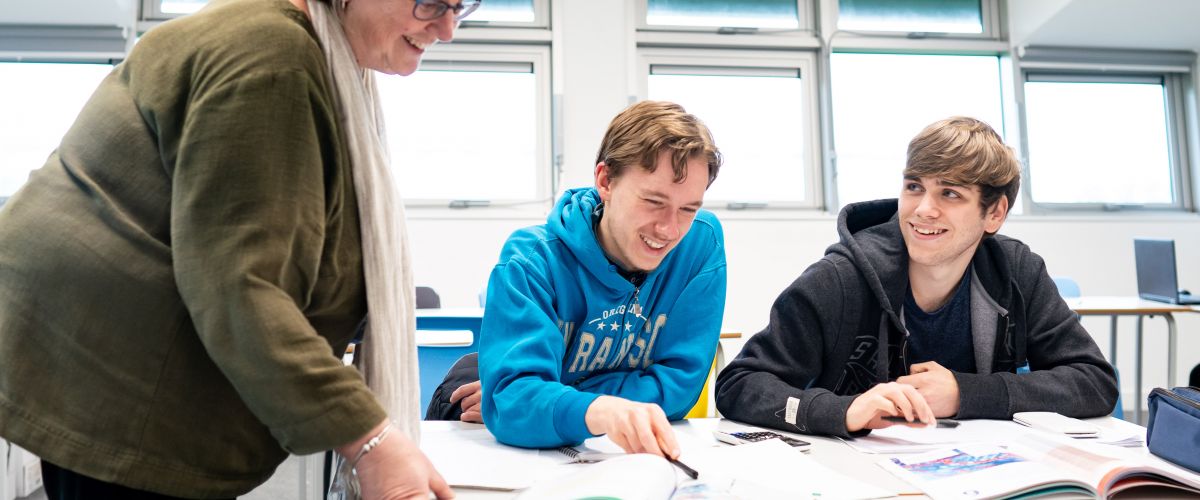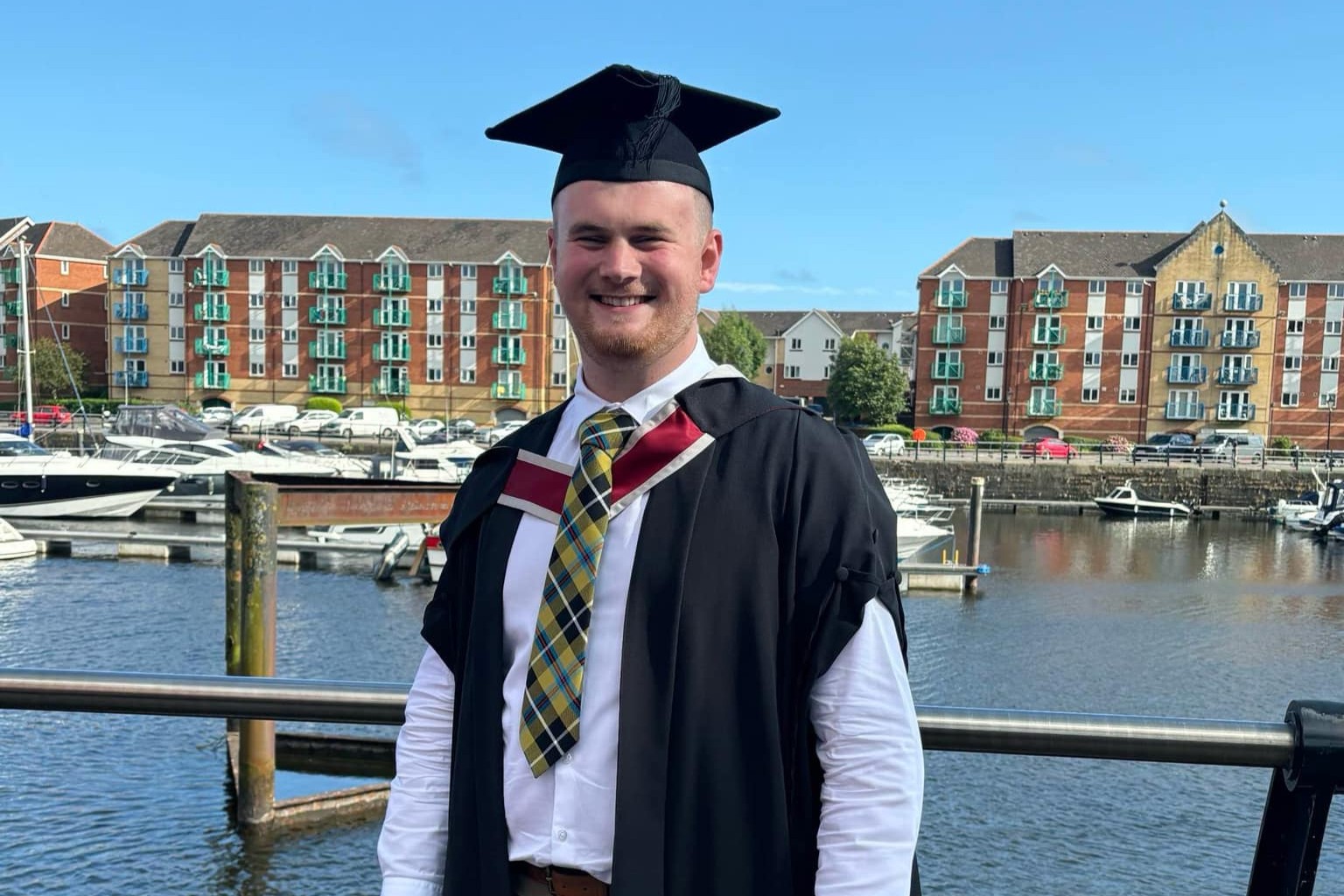A Level Mathematics
Mathematics is a challenging and stimulating course that will encourage you to develop your mathematical skills, improve your ability to think logically and enable you to determine solutions to a wide range of problems. If you enjoyed studying GCSE Maths, particularly the more algebraic topics, and would like to significantly improve your mathematical skills, then this would be an ideal subject for you to study at A Level.
Key information
Mathematics / Full Time / A Levels and Equivalent

Why choose this course?
Studying Mathematics will support the study of several other subjects, in particular Physics, Chemistry, Biology, Geography, Psychology, Economics and Business Studies. The course provides an excellent preparation for a wide range of university courses, such as Engineering, Sciences, Medicine, Accountancy, Architecture and Computer Science. It is also considered to be a facilitating subject for many other courses. Mathematics is a versatile qualification that is well respected by employers.
You will need to be good at algebra before you start the course. Throughout the course you will learn many new mathematical techniques and apply them to a variety of practical situations. At this level, Mathematics is all about applying your knowledge to solve problems in real-life situations. You need to be logical so that you can follow a mathematical argument, and you need to be creative so that you can look for different ways to apply your skills to solve a problem.
If you are still not convinced then you may be interested to know that Mathematics is the only A Level that has been proven to increase earnings in later life by an average of 10%, although hopefully your motivation to study the course is one of interest in learning Mathematics as opposed to being purely financial!
What will I learn?
At the start of the course you will extend some of the core ideas from GCSE Mathematics, such as quadratic equations, coordinate geometry and algebra. You will then move on to topics that may be new to you, such as calculus, logarithms and functions, and you will extend your work in trigonometry and vectors. You will use the core material to solve practical problems and find out about some of the background stories behind the ideas.
You will extend the quantitative methods and data handling work from GCSE Mathematics in the statistics part of the course. Much of this material will seem familiar, such as probability, data presentation and interpretation, although you will take the ideas further. You will also learn about statistical distributions and hypothesis testing and you will investigate a large data set to get a feel for some of the decisions that a statistician would have to make when processing and interpreting data.
You will also study mechanics, which is the study of why moving objects move in the way they do, and why stationary objects remain stationary. You will learn about modelling forces and develop equations for simple kinematics in one-dimension. You will learn how to apply Newton’s laws to predict the motion of simple systems that can be modelled as particles. As your skills develop you will extend the range of problems that you can tackle to include problems involving inclined planes, variable acceleration, projectile motion and moments. There is some crossover with Physics A Level, but you do not need to be studying Physics to understand mechanics in Mathematics.
As the course progresses you will continue to develop your knowledge of pure Maths and extend the types of function that you can differentiate and integrate. You will also learn about partial fractions, parametric equations, exponentials, further methods of proof, and the use of vectors in three-dimensional geometry. You will develop integration techniques that will enable you to deal with a wide variety of functions and you will use your pure Maths skills to solve practical problems, which may be related to the mechanics and statistics that you have studied.
You will need a calculator that can handle the statistical distributions. The recommended calculator is the Casio Classwiz fx-991EX. For the start of the course the calculator that you used for GCSE Mathematics is suitable, but the sooner you can get the new calculator, the sooner you can start learning how to use the useful new functions.
At the end of the second year you will sit A Level exams in Mathematics on the work covered in both years.
Assessment Arrangements
You will have regular homework assignments. These will be quite substantial and you should expect to spend a couple of hours on each assignment. They are designed to help you to find your weaknesses and help you to strengthen them. It is important that you read the feedback that your tutor provides and that you do any follow up work recommended.
You will have regular tests carried out in class, generally one every half term but more frequently at the start of the course.
You will be encouraged to enhance your study experience by following up the work done in class with further reading, using websites or trying extra questions from the online textbooks.
You will have access to exam papers, mark schemes and online worked solutions through the college Sharepoint site.
You will review your own performance in one to one discussions with your lecturer.
You will be given a mock examination for each paper that you will be sitting.
You will be examined by traditional written examinations, taken at the end of the second year in May or June. There is no coursework element.
Information & Support
You will be expected to do a significant amount of work outside class. Drop-in support sessions are available for all Mathematics students, as well as email support from your lecturer.
You will have access to lots of additional resources through our Sharepoint site. Online versions of the textbooks we use in class will be available for you to access from home and in college. These include worked solutions to every exercise in the book. We also subscribe to Integral Maths, which contains tiered practice questions, online topic tests and useful resources. Your lecturers may set additional work for you to complete using Integral.
We also provide links to websites you may find useful, including Exam Solutions, a video tutorial website, and websites that include exam style practice papers so that you can further practice your skills.
If you plan to take your study of mathematics further, we will support you with this, which includes helping you to prepare for university entrance exams where appropriate. We will encourage you to read widely and conduct your own research into topics that interest you. We will also direct you towards websites that you may find interesting or useful.
We also enter students for the UKMT Senior Maths Challenge and the Senior Team Challenge each year, some of whom progress to the Senior Kangaroo or rounds of the British Maths Olympiad.
Where will it take me?
A qualification in Mathematics is highly valued by many universities and employers. An A Level in Mathematics will be desirable if you are thinking of going on to study courses in subjects such as Computing, Economics, Engineering, Finance, Geography, Psychology or any of the Sciences at degree level.
What do I need?
The minimum requirement is five GCSEs at 4 or above including English Language or Literature at grade 4 or above and Maths at least a grade 6.
You will need to attend lessons with a pen, paper, pencil, ruler and calculator (Casio Classwiz fx-991EX). It is recommended that you have two folders, one for notes and one for assignments and marked work. Although you do not necessarily need to bring full folders of notes to each lesson, it would be handy to have notes from recent lessons to refer back to.
Most importantly, you need to come to lessons with a desire to develop your mathematical skills. You will need to be willing to make mistakes and have the drive and perseverance to correct them. Help and support will always be available to help you with this.
Additional Information
Awarding Body:
Edexcel
To obtain more information about this course, please call: 01208 224000 or email enquiry@callywith.ac.uk






